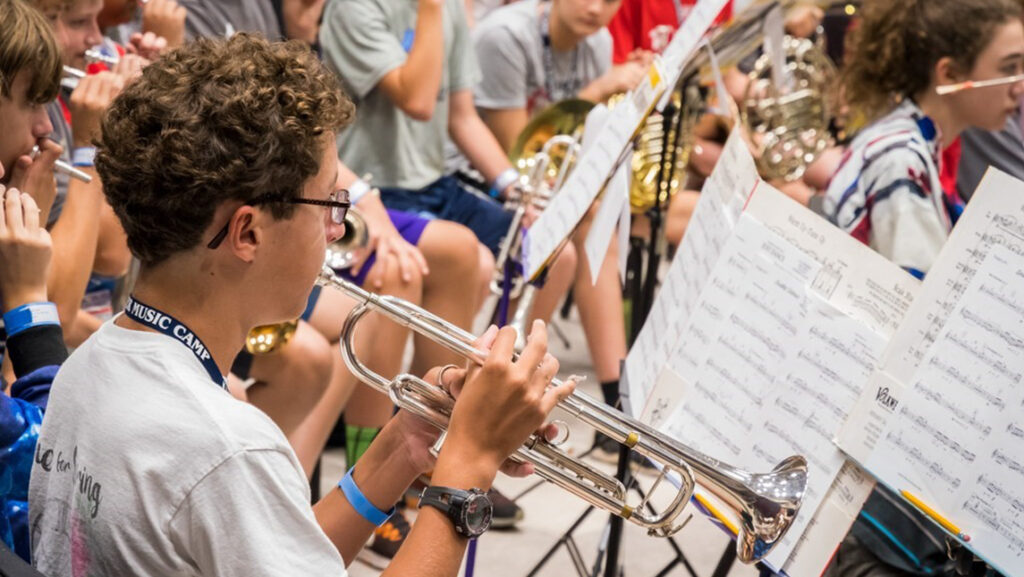 UNC Greensboro (UNCG) received a $5 million grant from the U.S. Department of Education’s Institute of Education Sciences to lead an assessment of dual enrollment pathways in North Carolina. SERVE, an education research and technical assistance center at UNCG, will partner with the N.C. Department of Public Instruction, the N.C. Community College System, and the RAND Corporation to evaluate the implementation, impact, and cost of North Carolina’s Career and College Promise (CCP) program.
UNC Greensboro (UNCG) received a $5 million grant from the U.S. Department of Education’s Institute of Education Sciences to lead an assessment of dual enrollment pathways in North Carolina. SERVE, an education research and technical assistance center at UNCG, will partner with the N.C. Department of Public Instruction, the N.C. Community College System, and the RAND Corporation to evaluate the implementation, impact, and cost of North Carolina’s Career and College Promise (CCP) program.
Established by the N.C. General Assembly in 2011, CCP offers qualified high school students the opportunity to earn credits that can be transferred to colleges or career and technical education programs. Students may also enroll in early colleges, or similar innovative schools set on college campuses, that allow them to pursue high school and postsecondary degrees simultaneously.
“North Carolina has long been a national leader in the implementation of dual enrollment and early college opportunities,” said project leader Dr. Julie Edmunds, the SERVE Center’s program director for secondary school reform. “The U.S. economy increasingly requires higher and higher levels of education for success, and many of our teenagers are leaving high school unprepared. Dual enrollment and early colleges are designed to get young people ready.”
The project will track CCP student outcomes in school and in the workforce. Study results will contribute to an annual report, recently mandated by the N.C. General Assembly, on the impacts of CCP. The total budget for the project is $5,206,305, with $4,968,353 covered by the federal grant and $237,952 from in-kind donations of time by the state agencies. In addition to collecting CCP data, the partnership will help the N.C. Department of Public Instruction and N.C. Community College System build their capacity to design and implement a joint research agenda, thereby interpreting and utilizing research findings more effectively.
“We need to know what really works – and what doesn’t – and make changes accordingly,” said Edmunds, a nationally recognized researcher on the impact of early college high schools. “It’s about re-envisioning what it takes to successfully prepare students for college and today’s jobs.”



